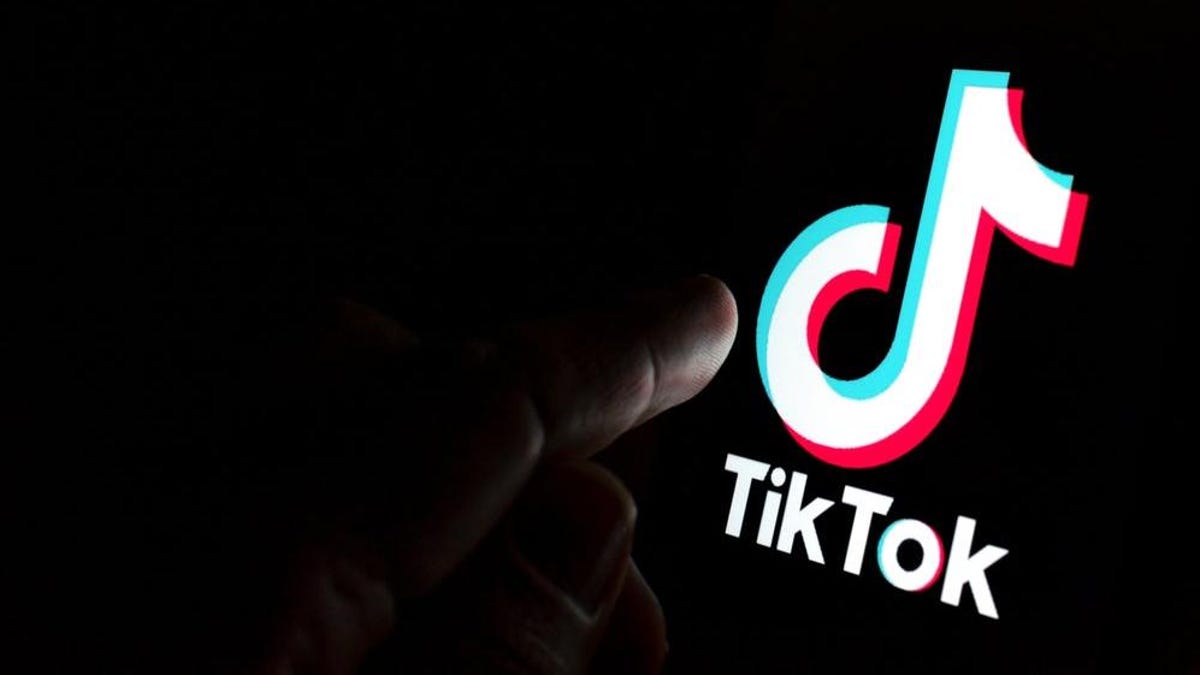
Advertisement
TikTok said that the app “has never been used to ‘target’ any members of the U.S. government, activists, public figures or journalists, nor do we serve them a different content experience than other users.”
However, part of TikTok’s statement may be a red herring. The Forbes story never mentions GPS data, and there is plenty of information the app collects that could be used to track users’ locations, such as IP addresses, the names of WiFi networks, and more.
G/O Media may get a commission
Advertisement
Emily Baker-White, who wrote the story in Forbes, also pointed out that TikTok’s response doesn’t address the issue raised in the report.
Advertisement
TikTok didn’t immediately respond to a request for comment on the exchange
The news comes at a delicate moment for TikTok. After BuzzFeed News reported that data from American users was repeatedly accessed by ByteDance employees in China, the company unveiled a plan called “Project Texas” that would store data on servers in the United States. The plan is supposed to ensure that so-called “protected” data will be “limited only to authorized personnel, pursuant to protocols being developed with the U.S. Government,” TikTok said in a letter to Congress.
Advertisement
The federal government has been taking a hard look at TikTok since former President Donald Trump threatened to ban the app from the US entirely. Just last month, the New York Times reported that TikTok was nearing a deal with the Biden administration over the app’s data practices to assuage national security concerns.
It’s hard to imagine a setup that would guarantee employees based in China can’t access data about American TikTok users. Even if the data itself is unavailable, information gleaned from analyzing that data could be just as useful.
Advertisement
Data aside, many experts say there are far bigger concerns. TikTok’s recommendation algorithm, which powers the app’s main For You Page, could be manipulated to hide certain topics or promote propaganda that benefits China’s geopolitical goals. Such systems are generally a black box, and it’s difficult to understand an app’s content recommendation systems from the outside. That means there isn’t much that TikTok can say to prove that kind of manipulation isn’t happening, aside from “take our word for it.”
But in conversations about data privacy and security, it’s important to remember that the Chinese government doesn’t need TikTok in order to get its hands on American user data. There are hundreds of companies based in the US that make their money selling information about you to anyone who wants it. Even without buying the data, a Gizmodo investigation from 2020 demonstrated that data from American tech and social media companies makes its way onto servers owned by Chinese companies all the time.